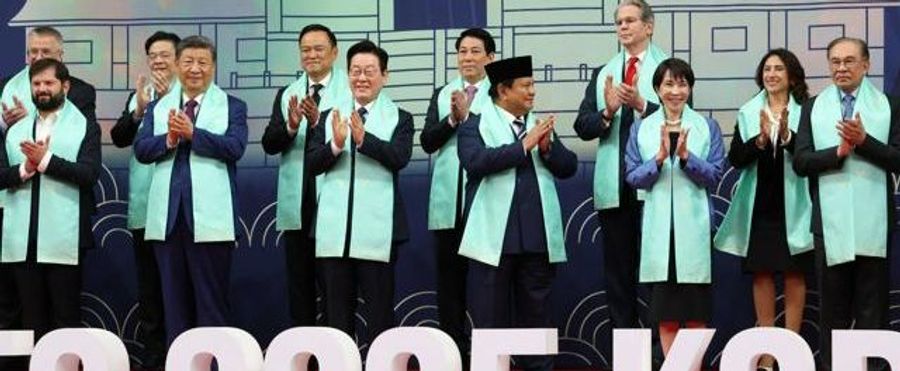The Asia-Pacific Economic Cooperation (APEC) has announced a declaration reflecting a shift in the discourse around free trade. While the details of the statement remain undisclosed, it signifies a potential drift from the previous staunch support of unrestricted trade mechanisms. The timing of the announcement, its direct implications, and the reasons behind this ambivalent stance are yet to be fully understood.
In Japan, free trade has been a cornerstone of economic policies for decades, driving the nation's high economic growth and global presence. The potential change in APEC policy might influence Japan's trade agreements and its position in the global market. The Japanese public tends to value stability and predictability in economic matters, so a potential paradigm shift can cause concern.
While many in the US and EU also value free trade, both arenas have had a more contentious relationship with it. They have had an ongoing balance of protecting domestic industries and promoting global trade. Any changes in APEC policies could have accented implications for these economic powerhouses.

